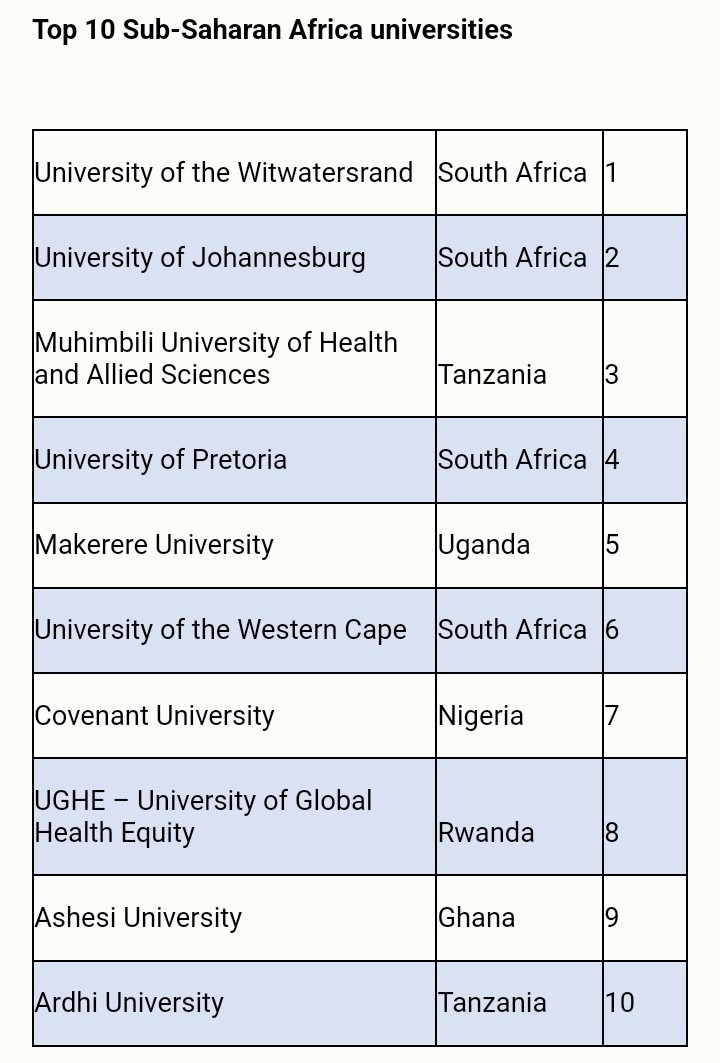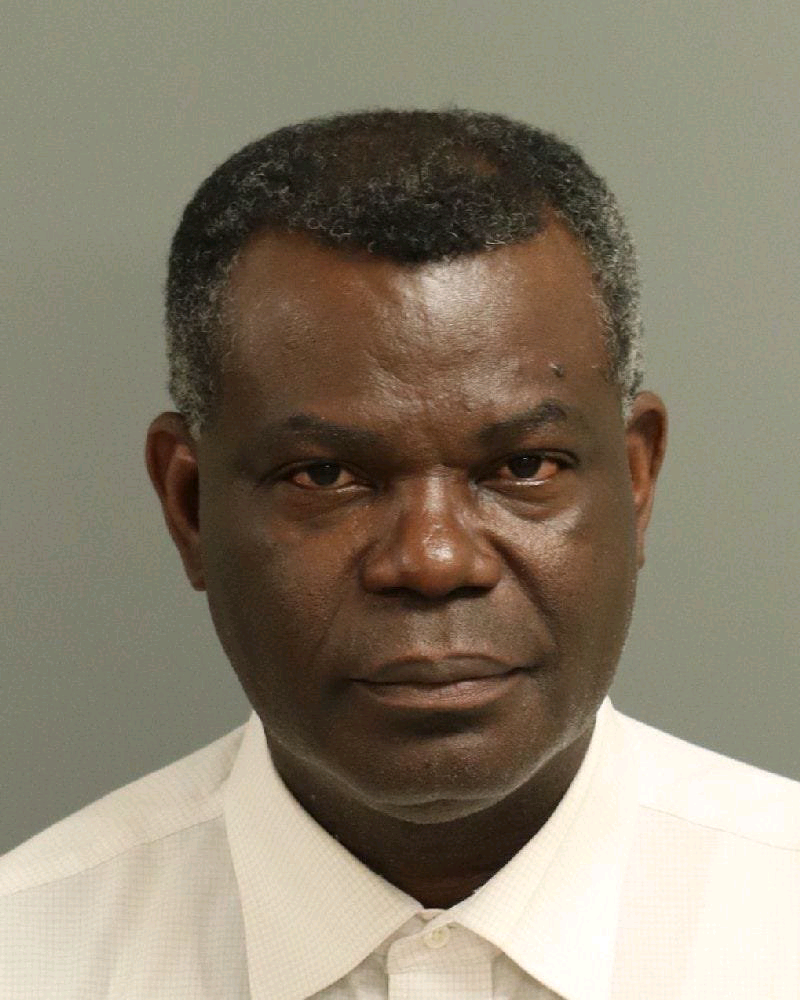Covenant University has floored the University of Ibadan (UI), University of Lagos (UNILAG), and others and has emerge as the best university in Nigeria.
This is as it also emerged as the 7th best university in Africa in Times Higher Education’s (THE) inaugural Sub-Saharan Africa University Rankings for 2023.
ATTENTION: Click “HERE” to join our WhatsApp group and receive News updates directly on your WhatsApp!
According to the ranking, the University of the Witwatersrand, in Johannesburg, South Africa, was named the best university in the continent.
Four of the top 10 universities are from South Africa and two are from Tanzania. Covenant University is the only varsity in Nigeria ranked in the top 10.
The pioneering new ranking highlights the strongest universities in Sub-Saharan Africa across a comprehensive range of performance indicators covering five pillars: ‘access and fairness’, ‘Africa impact’, ‘teaching skills’, ‘student engagement’ and ‘resources and finance’.
The Sub-Saharan Africa University Rankings, produced in partnership with Mastercard Foundation, ranks 88 universities from 17 countries in the region.
Nigeria has the most universities in the ranking with 37, followed by South Africa with nine, Ghana and Kenya have seven each and Somalia and Uganda have five each.
The ranking provides a rich source of data on the differences between public and private universities. Of the 88 ranked universities, 59 (67%) are public, 21 (24%) are private not-for-profit and eight are private for-profit (9%) and seven of the top 10 universities are public.
Public universities received an average overall score in the rankings of 50 and charged students a median of £966 per year.
By comparison, private institutions scored an average of 43, with not-for-profits charging £1,922 and for-profits charging £3,291 annually.
A key component of the ranking is a unique student survey accounting for their experiences, which shows students in private universities are generally more satisfied with their experience compared with their public counterparts when judging the facilities, their Interaction with peers and the faculty, employability, course quality and teaching engagement.


